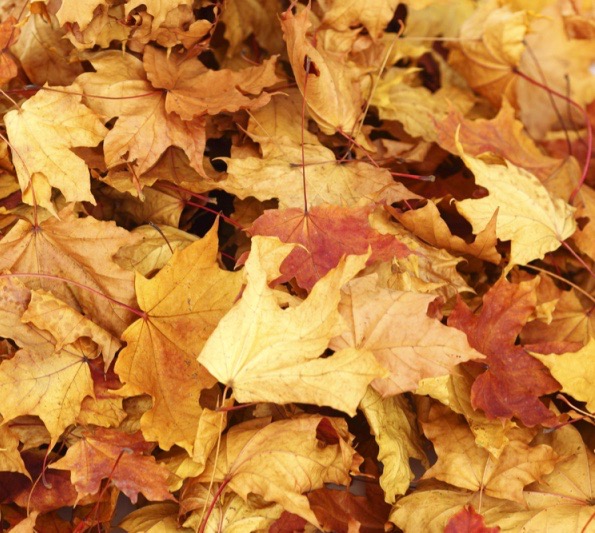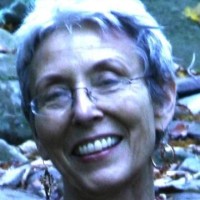I haven’t yet worked out what to do about the names of the dead in my address book. It’s disconcerting to have my eye fall on one of these names. “She’s gone,” I’ll think, and there is a little frisson of loss.
If I were committed to electronic retrieval, I could delete that line, just wipe that person off the list. But with a physical address book, there is no erasure. I could cross out that name, but it feels wrong. I could put a star by it, I suppose, or a gold heart sticker. But I’m not going to avoid the sense of loss in that way.
And perhaps I shouldn’t try to avoid the sense of loss. It’s bracing to remember that this person—say Leah Green, with whom I traded dinners and went to Port Townsend, who was a regular movie buddy and with whom I even considered living for a while, a short while—is no longer among the living. It’s a reminder that I, too, will at one point be no longer among the living. It’s a reminder that every friend I have will, at one point or another, bite the dust, so to speak, either before I do or at some point after.
So, why state the obvious? Because I need to come to terms with it.
First, I want to figure out how to live with the passage of this person I love. Just because they’re gone, doesn’t mean that I don’t still love them. Everyone I know who has moved on is still a part of my life in one way or another, large or small. Leah, for instance, is in my mind daily, when I look at the small wooden cow and cat seated in windows in my living room. I first saw them in Leah’s living room some nine years ago. Those are wonderful, I thought, and then, six years ago, when she moved from Whidbey to live near her son in Oregon, she put them out in a huge yard sale, and I snapped them up. But in my mind, they’re still hers. They hold essence-of-Leah—just like the Christmas tablecloth and napkins she gave me and the necklace I made from her scarab pin . . . It’s not much, really, but these bits of Leah mean that my friend is still in my life. It’s just that I don’t have ready access to her.
This must seem silly to those people who have lost a spouse or a child to death. A friend isn’t the same kind of loss, not nearly. I expect that losing a mate is like a body blow, whereas having a friendly acquaintance die is more along the lines of a nudge or even a paper cut. But as you move along in life, you get a lot of these paper cuts. I suppose that if I live to be ninety-three, as my maternal grandmother did, and if I keep my wits about me, as she did not, I will have more friends who have passed on than I have still here on the planet with me. This must happen to a lot of people.
There are two answers that occur to me in the moment.
The first is that the greatest and richest ongoing friendship in my life is with myself, with my own higher self. This is the essential food-of-life, and all other friendships are like gravy to it, like added spice. If my friendship with me is in order, then other friends can come and go.
And the second answer has to do with what happens to us after death. We all have different views on this, and my perspective is colored by the experience of having my friends who’ve passed on get messages of one kind or another back to me from wherever it is they may be. With Leah it was a strong sense of her presence at the memorial service at the Woodman Cemetery in Langley when some hundred of us gathered to scatter her ashes.
My first friend to die, Yashoda Duffy, said in my mind’s ear as I walked into her memorial service, “Hi, Honey!”
My departed father told me, in meditation, “I was weak,” and when it was almost a year after his death, he asked me to plant a tree in his name at the ashram in India. I did this, and when I saw the tree, a year later, I was filled with ecstasy.
A few months after my mother’s death, I heard her say, “We’re finished”—and I knew this was in a good way; she meant that the difficult things between us were over. And then, a few years later, when I was an old white-haired woman living alone in a little house—just as she had been in her final years—I found myself thinking about Mom a lot . . . until one day in meditation, when I hear her say, “Peggy, I’m dead!”
Whatever that means, being dead, it isn’t, I think, that consciousness is gone.
So, this is something to look forward to: maybe a new adventure.

